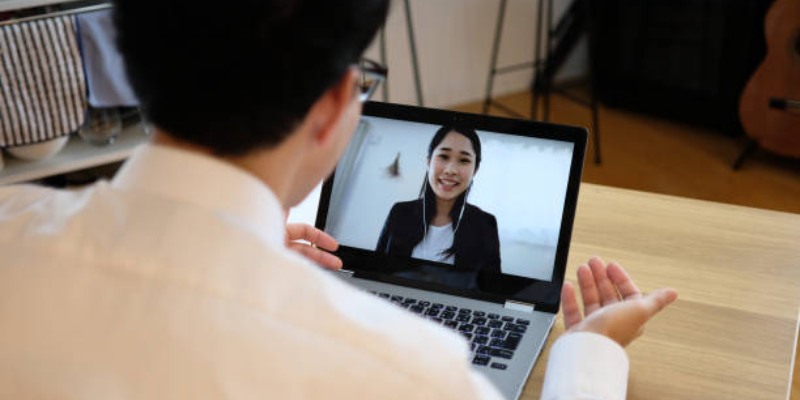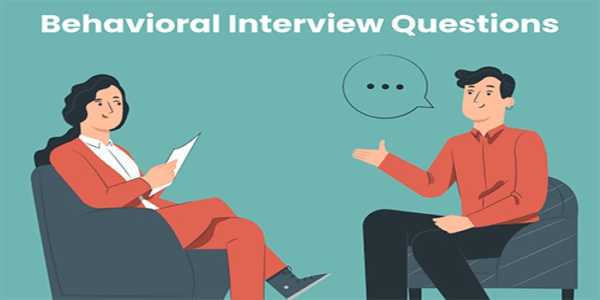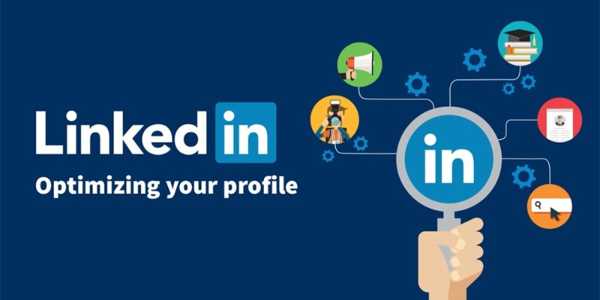Secrets to Acing Virtual Job Interviews
A lot of people are losing job opportunities not because they lack skills, but because they don’t know how to act right during virtual job interviews. The truth is video interviews are not going anywhere. Whether it's for remote roles or the first screening round, companies are using video calls to make decisions fast.
Why Virtual Interviews Deserve Real Effort
Many people are showing up to these calls looking like they just rolled out of bed, speaking like they're chatting with a friend, and acting like they don't want the job. Then they complain when they don’t get a callback. That’s not bad luck. That’s poor preparation.

It’s time to wake up. If you're serious about getting hired, there are unspoken rules to follow. Virtual interviews might be online, but they’re not casual hangouts. They’re just as serious as physical ones, sometimes even more.
Let’s break down what separates the people who get callbacks from the ones who get ghosted.
Dress Like It’s In-Person
This should be basic knowledge by now, but somehow, people still ignore it. Just because you're at home doesn't mean you should show up looking lazy. You don’t need a full suit, but wear something neat, clean, and professional from the waist up.
Don't wear pajamas or tank tops and expect anyone to take you seriously. Employers may not say it out loud, but they’re judging your effort based on how you present yourself. Even if the role is casual or remote, your clothes are part of your first impression.
When you dress well, you also speak better and act more confident. You carry yourself differently. That energy matters.
Look at the Camera, Not the Screen
Most people stare at the interviewer’s face on the screen the whole time. It feels natural, but it’s wrong. If you're looking at the screen, your eyes don’t meet theirs. It comes off as distracted or distant.
Look into the camera lens when you speak. That’s how you simulate real eye contact. It shows confidence, attention, and focus. It may feel awkward at first, but it gives a stronger impression than looking down at their face.
When you're not talking, it’s okay to glance at the screen. But when you're answering a question or making a point, lock in with the lens.
Fix Your Lighting and Background
You can’t afford to look like a shadow or a ghost on camera. Poor lighting makes you look unserious. Your face should be well-lit, clear, and visible.
Use natural light if possible. Face a window. If it’s dark where you are, turn on a lamp or buy a cheap ring light. It doesn’t have to be fancy. It just has to work.
Also, clean up your background. No unmade beds, no dirty clothes, no posters with wild words. Keep things plain, quiet, and distraction-free. You don’t want the interviewer focusing on your room instead of what you’re saying.
Master Your Tech Setup
Before your interview starts, test your camera, microphone, internet connection, and whatever platform they’re using. Zoom, Microsoft Teams, Google Meet — each one is slightly different.

Don't wait until five minutes before the interview to figure it out. That’s the fastest way to look disorganized.
Have a backup plan. If your internet goes off, can you hotspot your phone? If your laptop fails, can you use another device? Smart candidates prepare for things that could go wrong, even if they never happen.
Don’t Sound Robotic
There’s nothing worse than sounding like you memorized a script from Google. Employers can smell fake answers from miles away. They don’t want perfect answers — they want real ones.
That doesn’t mean ramble. Be short, clear, and honest. Share examples from real situations. If you don’t know something, say so. It’s better than faking.
When you talk like a human being, you become more likable. And likability goes a long way, especially when others have the same skill level as you.
Be Early, Not On Time
“Right on time” is too late for virtual interviews. Log in 10 minutes early. Use that time to fix any last-minute tech issues, calm your nerves, and get in the zone.
Being early shows you value the opportunity and are organized. Showing up right on the dot or — worse — joining late, even by 2 minutes, makes you look unserious. Some recruiters won’t forgive that, especially when they have 10 other people to talk to.
Watch Your Energy and Tone
Don’t be flat. Don’t be too hyper either. Find a calm, confident middle ground.
Speak clearly. Smile when appropriate. Use hand gestures a little. Let your personality shine through. Remember, the person on the other side is trying to guess what it would be like to work with you.
If you look bored or uninterested, they’ll assume you don’t care. If you sound like you’re trying too hard, they’ll think you’re fake. The best candidates balance professionalism with personality.
Prepare Like It’s a Test
If you want to do well, study. Learn about the company. Read the job description. Think about why they should hire you over others.
Have your key stories ready — when you solved a problem, led a team, or learned something fast. Practice answering common interview questions out loud, not just in your head.
Also, prepare smart questions to ask them. Don’t just say, “I don’t have any questions.” That tells them you didn’t think deeply about the role. Even simple questions like “What does success in this role look like?” show you’re thinking ahead.

Respect Time and Boundaries
Keep your answers short and sharp. If they ask for a one-minute answer, don’t go on for five. Respect the time they’ve given you.
Also, don’t ask overly personal questions or try to force rapport. You’re not there to make a new best friend. You’re there to show that you’re the right fit for the job. Keep things polite and focused.
Follow Up the Right Way
After the interview, send a thank-you email within 24 hours. Keep it short. Show appreciation. Remind them of one or two strengths you discussed. That’s it.
Don’t beg. Don’t ask for feedback right away. And definitely don’t chase them every day if they don’t respond fast. That’s how candidates get silently removed from the shortlist.
Virtual Doesn’t Mean Casual
This is the biggest mistake people make. Just because you're at home doesn’t mean you should treat the interview lightly.
The companies hiring you are still serious. They still expect you to show up like a professional. And they still have other strong candidates to pick from.
Treat the virtual interview with the same level of respect, effort, and preparation you would for an in-person meeting. That’s what gives you the edge.
Smart people already know the job market is not getting easier. But what many don’t realize is that the biggest wins often come from doing the basics well. Looking sharp, speaking clearly, respecting the process — that’s what separates the ones who get hired from the ones who keep wondering why they’re always being ignored.
Acing virtual interviews is not a secret formula. It’s about not doing what the average person does. And most people are not doing the basics right.





